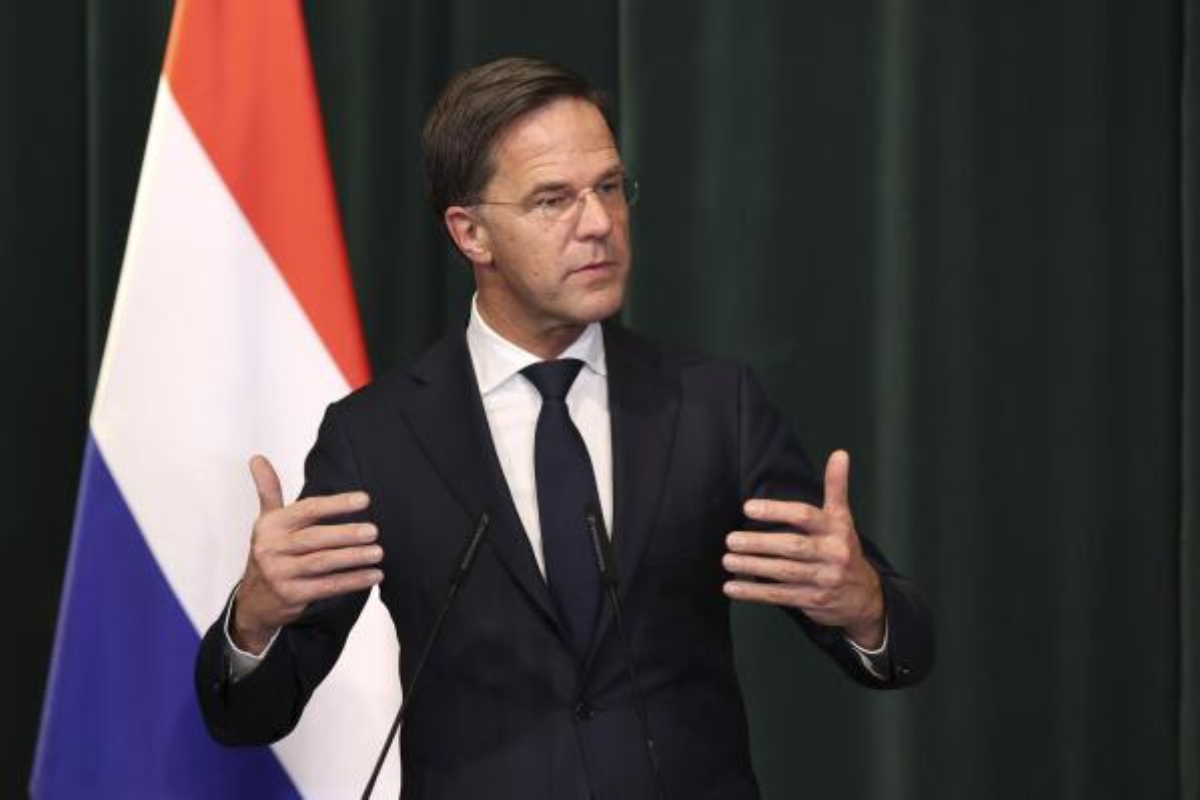BRUSELLS: Outgoing Dutch Prime Minister Mark Rutte is the clear front-runner to become NATO’s next chief despite a shock far-right win at elections in his homeland.
Multiple diplomats put the veteran well ahead of other hopefuls – including Estonian premier Kaja Kallas and Latvia’s top diplomat Krisjanis Karins – are jostling to take over from the alliance’s current boss Jens Stoltenberg next year.
A successor for Stoltenberg — who has had his decade-long tenure extended twice in the face of Russia’s war on Ukraine — is expected to be announced before a July summit in Washington.
After ruling himself out for the NATO post in previous years, Rutte is now available following his surprise resignation this summer. Last month, he told Dutch media that running the alliance was a “very interesting” job and he would be open to the prospect if it came his way.
A familiar figure on the European stage after 13 years running the Netherlands, the Dutch stalwart is already favoured by NATO heavyweights the United States, Britain, France and Germany, diplomats say.
“He is a candidate for secretary general of NATO. He has made it clear that he’s available and there’s broad-based support for him,” said a diplomat at the alliance.
Some supporters want to wrap up his nomination soon to avoid the NATO job getting put in the mix with EU top positions up for grabs after an election next June.
One potential stumbling block for Rutte could be the situation he leaves behind in the Netherlands where a victory for far-right Geert Wilders has sent shockwaves across Europe.
During discussions on a potential replacement for Stoltenberg in previous years, various NATO allies had laid out their wishes for the next alliance chief.
Some wanted to choose a woman to run NATO for the first time and countries on the eastern flank closer to Russia were hoping to get someone from their region.
Estonia’s Kallas does meet those criteria but is seen as too hawkish towards Moscow by some to the west. Another ask has been to appoint a leader from a country that meets NATO’s goal of spending two percent of their GDP on defence.
The Netherlands did not reach that goal during Rutte’s long tenure, but it has promised to next year and his backers say that shows his commitment.
Rutte’s government has also taken a prominent role in supporting Ukraine, this month pledging another two billion euros and leading the push to give Kyiv F-16 fighter jets.
He would become the fourth Dutchman to head the NATO alliance, adding to arguments from some that the alliance isn’t moving beyond its comfort zone.
Supporters insist he has a full awareness of the dangers posed by Russia. His years in power were scored by the killing of 196 Dutch nationals when a missile investigators say was supplied by Moscow shot down a passenger jet over Ukraine in 2014.
Stoltenberg himself said that Rutte was a “friend and good colleague”. “He is a capable politician with a lot of experience as prime minister,” Stoltenberg said. “But it’s not for me to decide who’s going to be my successor.”


